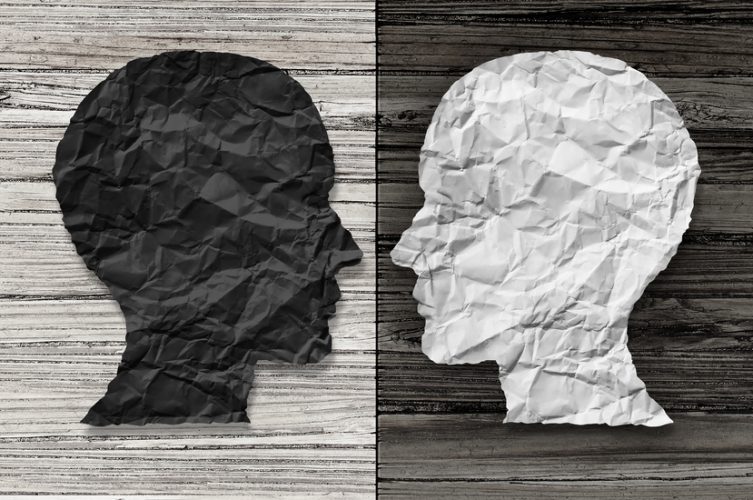Alzheimer and Dementia: Experts explain how they differ…
What is Alzheimer’s disease?
To a layman, Alzheimer’s is a disease in which the patient suffering from Alzheimer’s slowly loses his/her memory. But in medical parlance, Alzheimer’s is a progressive mental deterioration, occurring mostly in the old age. This happens because of degeneration of neurons in some parts of the brain. It is a common cause of premature senility.
How does dementia typically present?
Alzheimer’s is the most common form of dementia and typically begins with memory loss for recent events, and gradual decline in various cognitive abilities, ultimately leading to interference with activities of daily living over the years. In its early stages dementia can present with:
- Subtle short-term memory changes.
- Difficulty finding the right words.
- Depression/ Changes in mood.
- Apathy.
- Difficulty completing normal (routine/ familiar) tasks.
- Confusion.
- Difficulty following storylines.
- A failing sense of direction…etc.
What is the significance of early diagnosis?
The degenerative processes behind Alzheimer’s disease begin 10, or even 20 years before symptoms become evident and the condition gets diagnosed. Hence, early diagnosis is of crucial importance in addressing the symptoms effectively. To know if one suffers or is prone to suffer from Alzheimer’s, it is advantageous to be able to obtain some accurate and early diagnosis when the cognitive symptoms start:
- When dealing with reversible causes of dementia: Sometimes temporary memory loss can be caused by the use of psychoactive substances, vitamin deficiencies, trauma to the head, tumors, various metabolic diseases, hormonal dysfunction (thyroid), or infections, which can be reversed by managing the underlying cause efficiently.
- Sooner the better: Treatment of dementia is typically most effective when started early in the disease process. Although the medication can not reverse the neuronal damage by degeneration, it does slow down the process and delay further degradation, thus adding a few more months or years to live.
- Diagnoses are more accurate early in the disease process: A more precise diagnosis is possible when a complete history can be taken early in the disease process. This can happen when the person in question can answer questions about their cognitive health and report any concerns. Additionally, they should be able to observe or recall the chronological order in which the symptoms appeared. Unfortunately, an accurate diagnosis is challenging once all brain functions are compromised.
- It’s empowering: An earlier diagnosis can be empowering as the person can participate in their own financial, legal and other long-term life care plans. They can also alert their family members about their condition.
- They can focus on what’s important to them: Priorities in life change especially when such a severe diagnosis comes up. Therefore, with early diagnosis, it helps the person rethink and re-prioritize their life. Who they want to be with, how they wish to spend their time, what matters, life goals from here on, etc. They may choose to record their important moments, complete pending tasks, make new memories and so on.
- One can make the best choices: With early diagnosis, one can make better decisions which they may have overlooked due to ignorance like moving far away from family or breaking up with friends or getting into draining financial commitments.
- One can use the resources available: Individuals diagnosed early in the disease process can take advantage of available health services and early-stage support groups and learn tips and strategies to better manage and cope with the symptoms of the disease.
- It will help the family: An earlier diagnosis gives families more opportunity to learn about the disease, develop realistic expectations, and plan for their future together – which can result in reduced stress/anxiety and feelings of burden and regret later in the disease process.
- It will help the person too: Early diagnosis allows the person and family to attribute cognitive changes to the disease rather than to personal failings – preserving the person’s ego throughout the disease process.

No comments:
Post a Comment